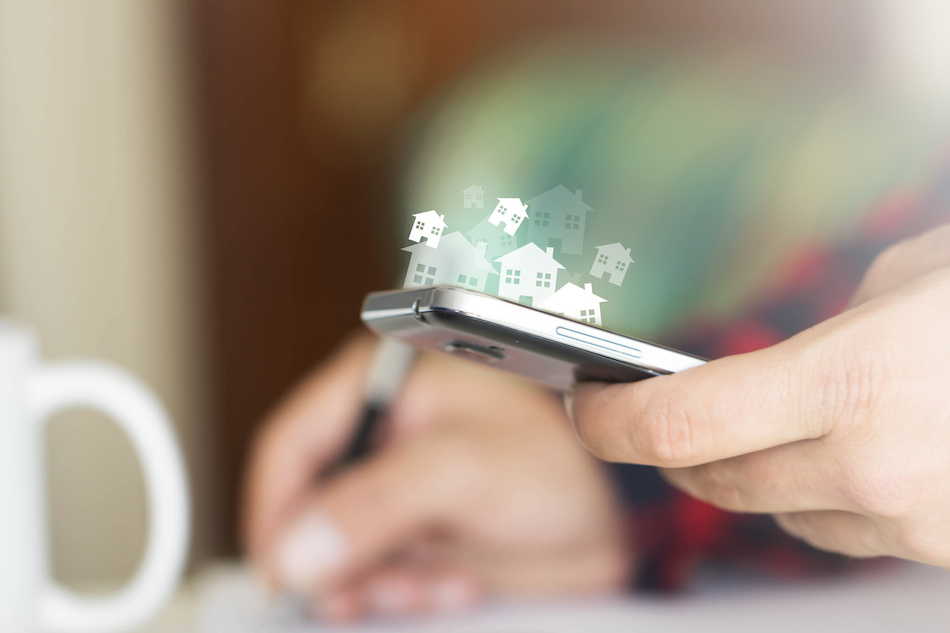 Everyone seems to be into home automation these days. Sellers often want to know if their home would be more appealing if it had some smart technology.
Everyone seems to be into home automation these days. Sellers often want to know if their home would be more appealing if it had some smart technology.
1. What Is Smart Technology?
In essence, smart technology is the ability to have technology to do a portion of your thinking for you. Smart tools should generally have a couple of functions. The first will be to perform its job as specified. For example, with a smart thermostat, you should be able to set a temperature and expect it to work as instructed. Smart technology can also do more, however. Smart tools should, at least in theory, be able to make some decisions on the homeowner's behalf. A smart thermostat may be able to determine ideal settings without guidance, allow users to change settings remotely, and provide up-to-date reports about energy usage.
2. How Complicated Should the Smart Technology Be?
There is a balance between having a series of handy tools and feeling like you are battling against the rise of the machines, and the right spot is going to be different for each person. Homeowners can have a fully-integrated smart home that uses one central control system for lighting, heat and air conditioning, entertainment and more. Buyers who are looking for this level of automation will probably be delighted to see an existing home that has had the system already set up. However, outfitting a home with smart technology to this degree may require the purchase of a large number of new appliances or other accessories that will allow the controls to manage the various systems of the home. Your budget will be an important determiner.
3. What Are the Potential Drawbacks of Installing Smart Technology?
Anyone who has ever bought a computer or smartphone knows that they become somewhat dated within about a year. You will often encounter the same problem with smart technology. You install the latest system and by the time you sell, there is a new version. The rapid expansion of smart technology means that there is also a great deal of competition and proprietary systems that may not work with each other. Your real estate agent may be able to make recommendations on the brands, products and systems that most buyers in the area want to see.
4. Which Products Should I Choose?
As sellers go through the dizzying array of available options for smart technology for the home, they should keep one thing in mind: Is it useful for a homeowner? There are smart technologies that have broad appeal, like a home entertainment system that makes it easy to transition a show from one room to another, seamlessly. Some smart technologies are new and may be more expensive, such as a smart sprinkler system that uses sensors to determine how much to water the lawn. Others might be intended for a very niche market, such as a smart fridge with a screen to play music or recipes. Try to target any investment to the ones that are most practical and fill a need for buyers. Buyers looking at the Clarksville real estate market may be looking for one technology, while buyers searching for East Nashville listings may be looking for something else entirely – it really just depends.
As with all changes you make to the home before selling, the trick is to choose the upgrades that will provide the greatest bang for your buck. By adding a handful of smart tools that provide real benefits to buyers, you make your home more attractive on the market.



